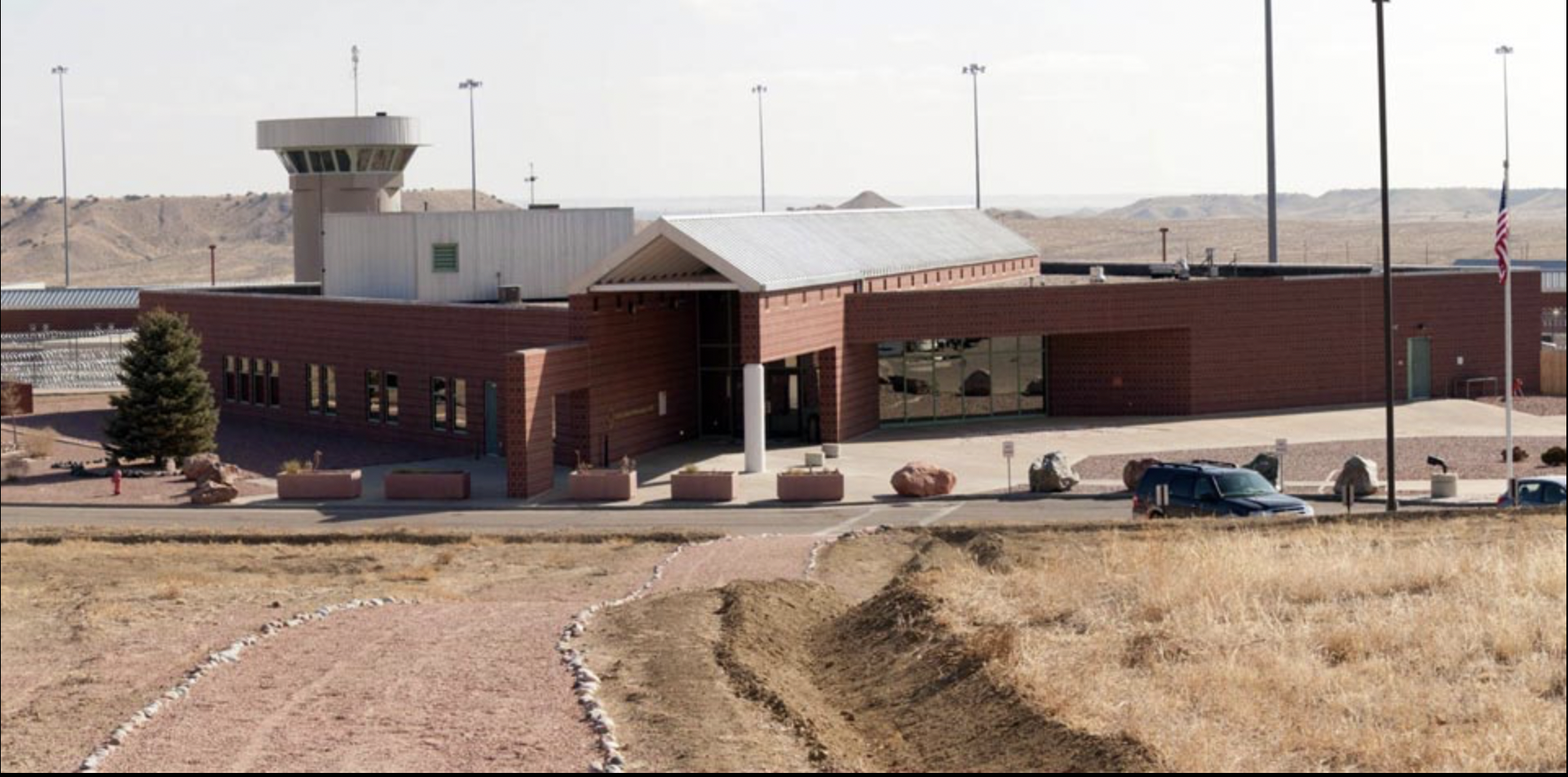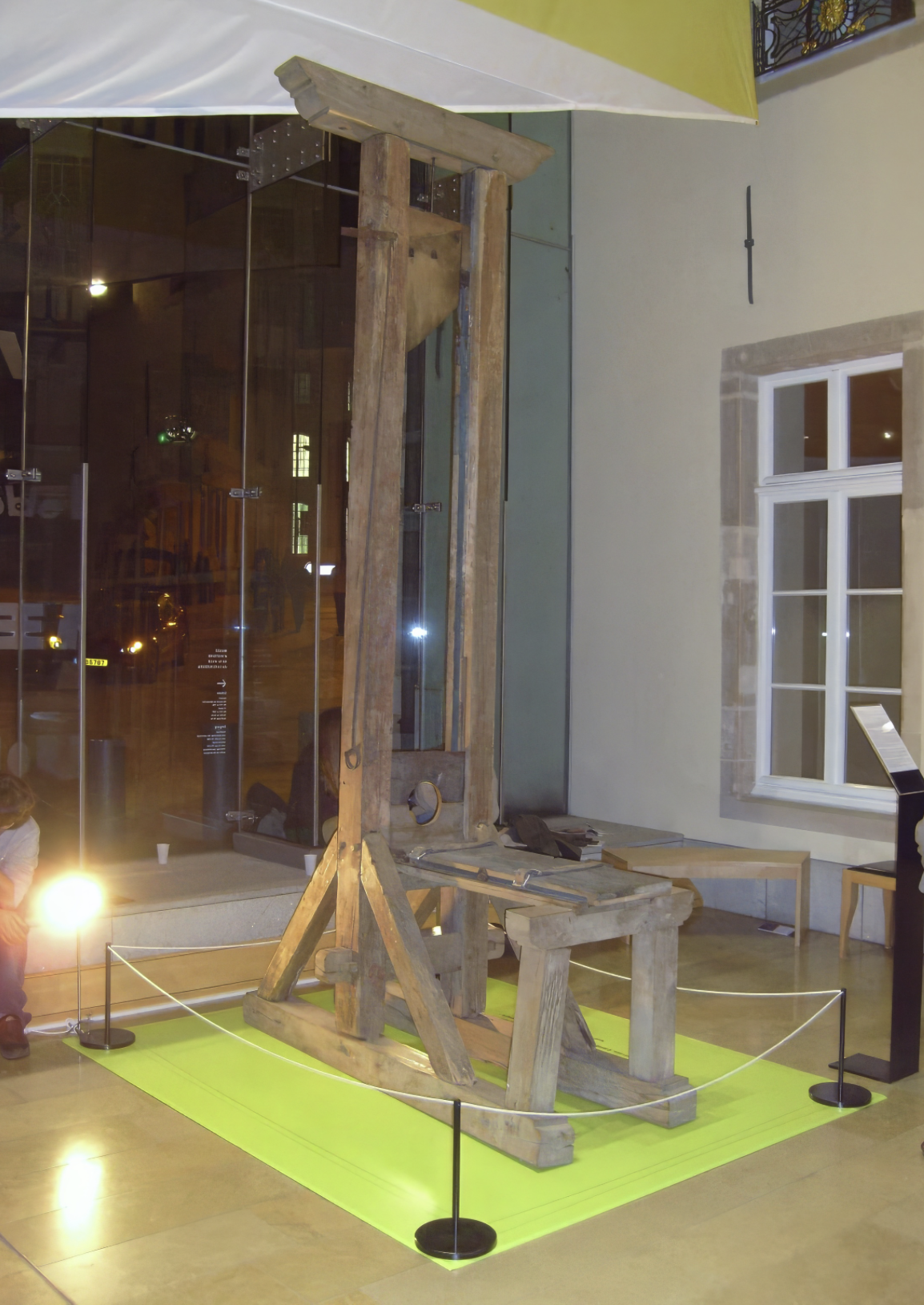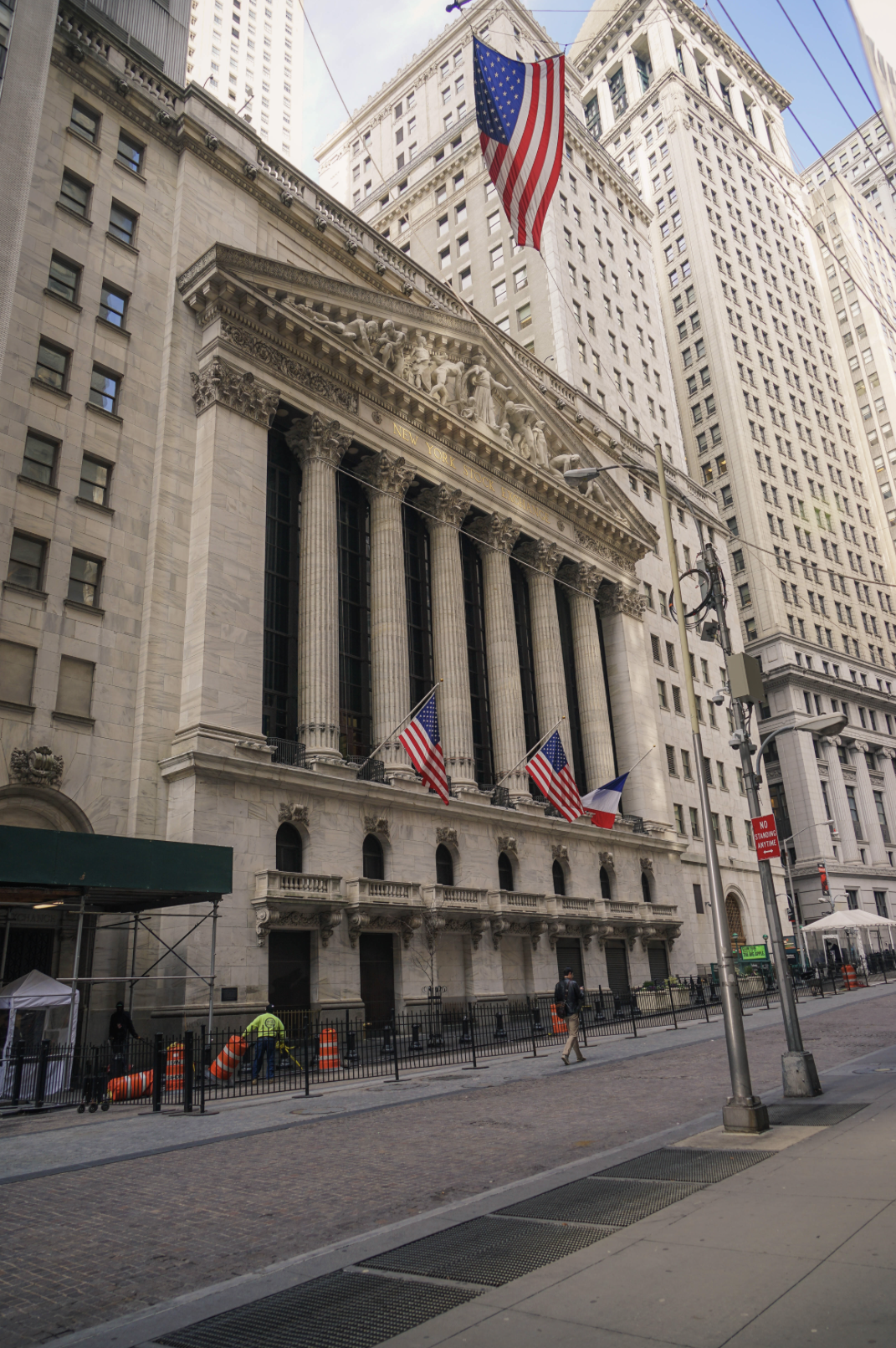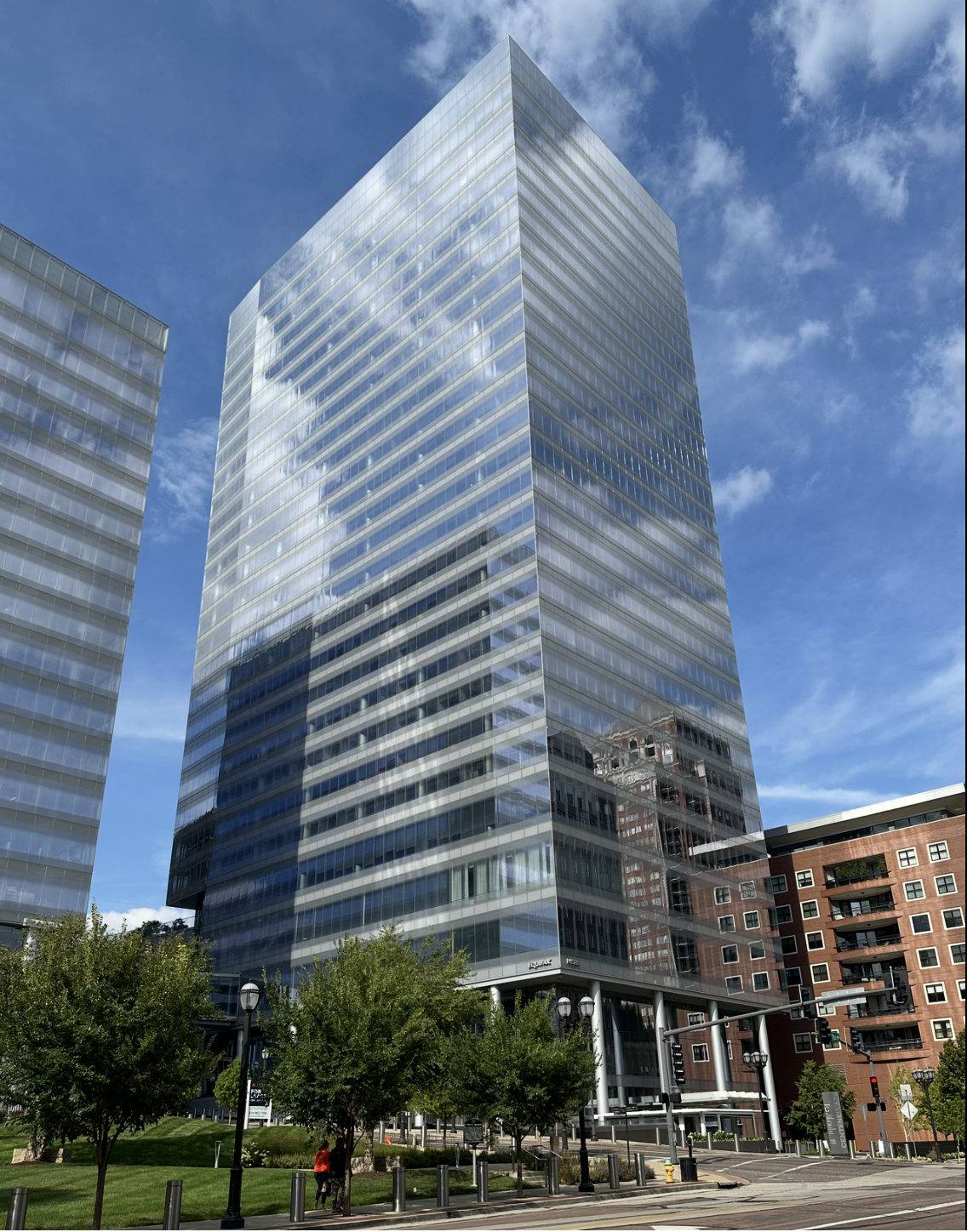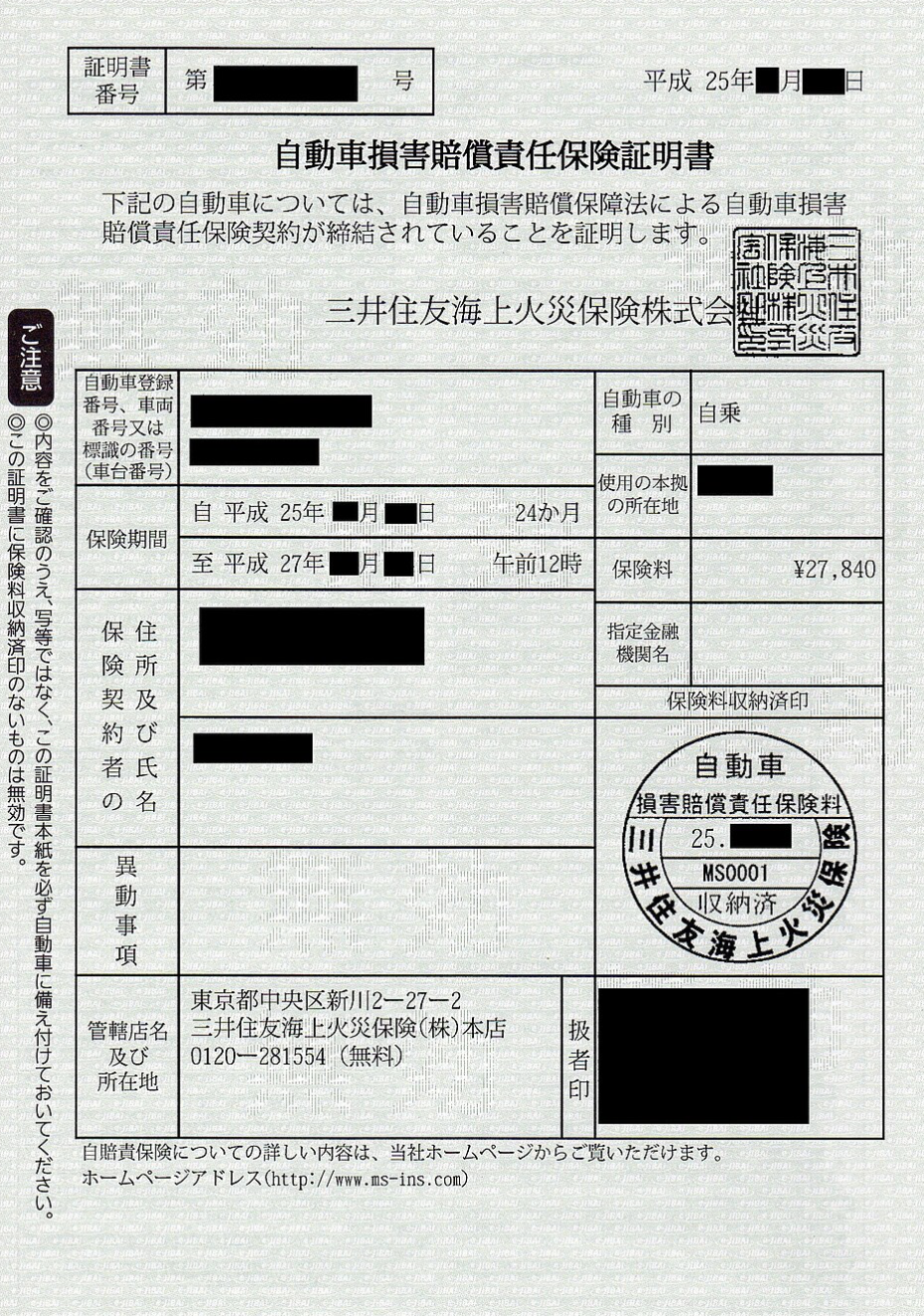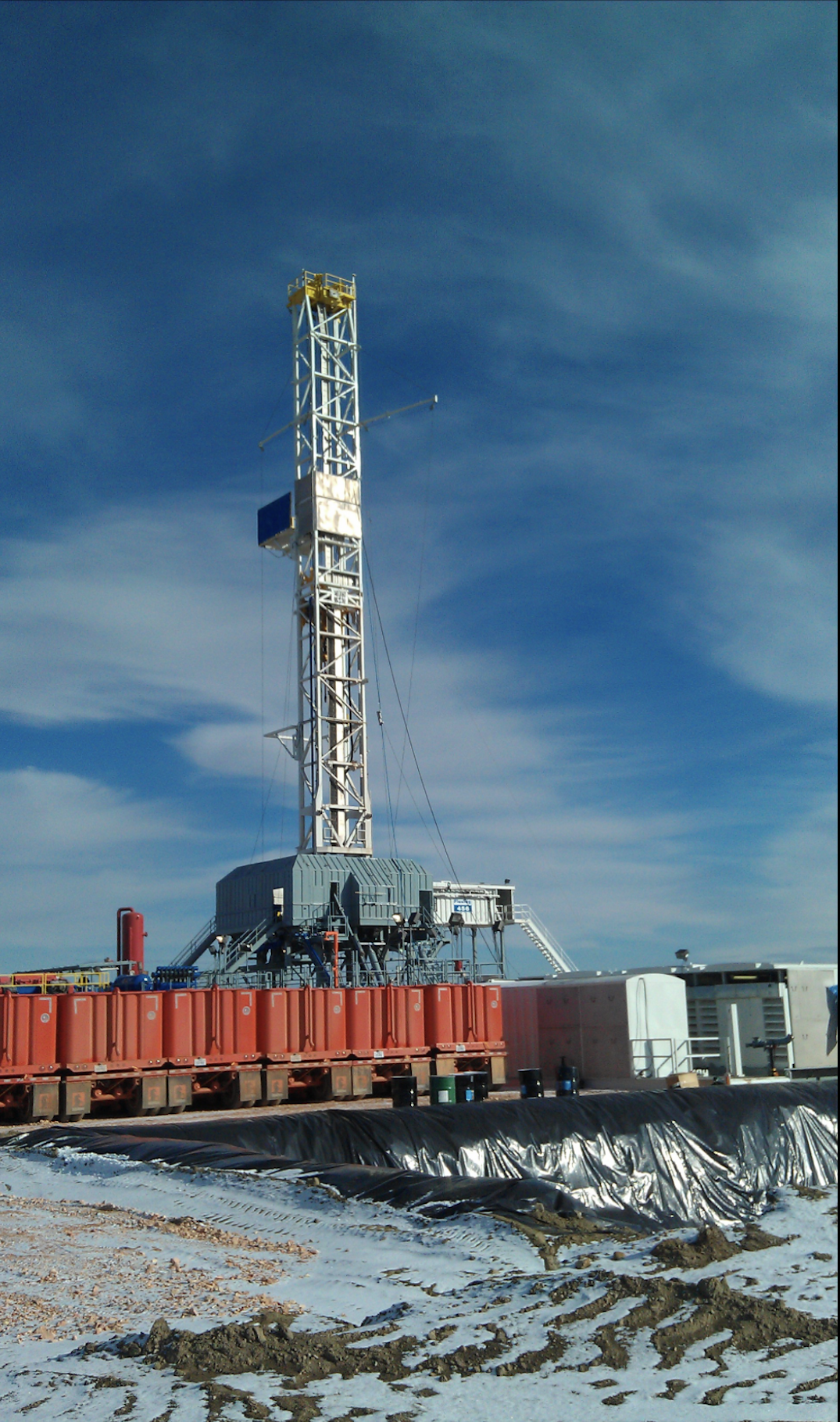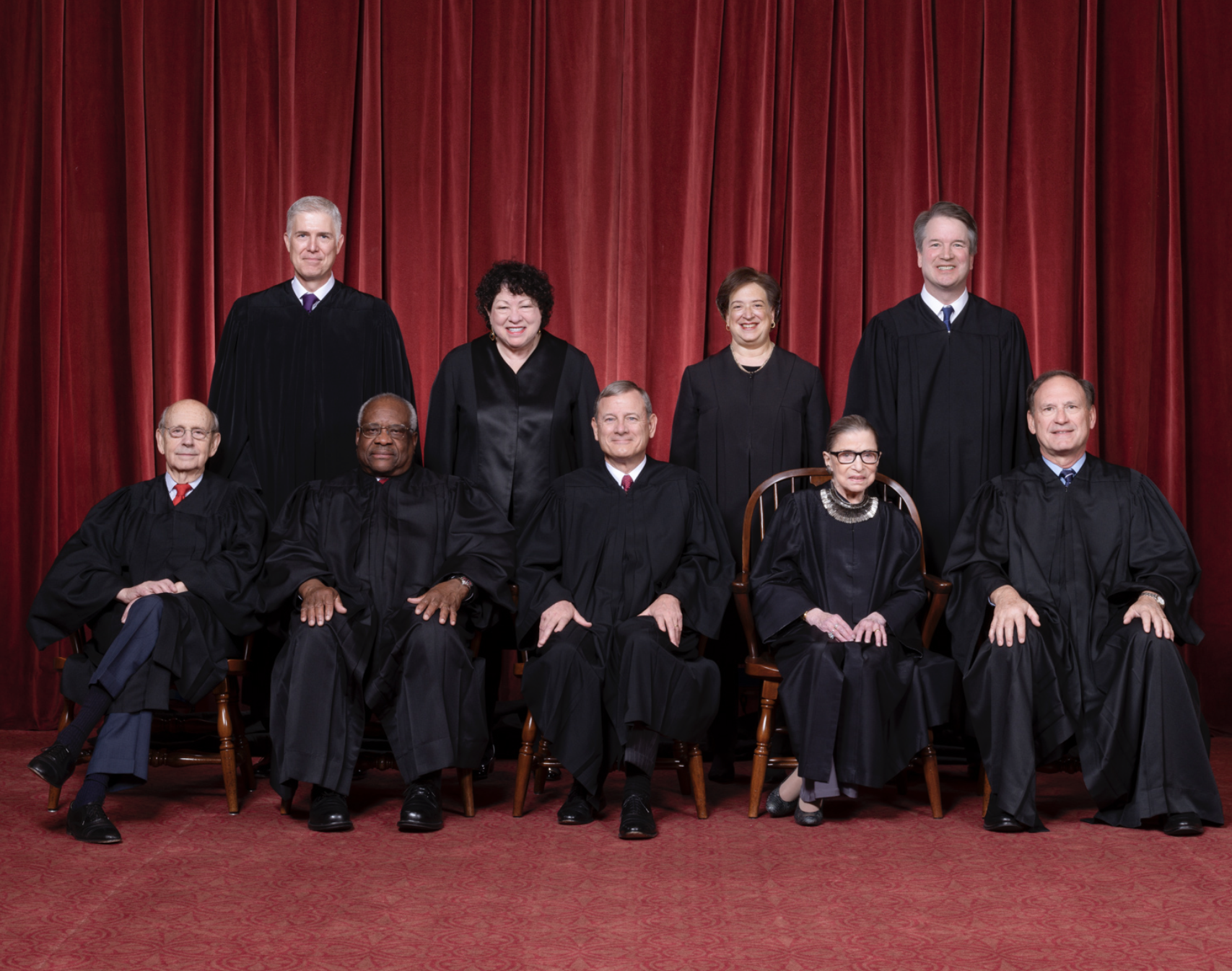Capital punishment
The court system is designed to protect Americans from the dangers of society. Those who pose a threat are tried in court, and if they plead guilty or are found guilty, they are sent to prison.
Stock markert
The digitization of old money practices has changed the world. One of which is the stock market. The stock market is a complex system where investors buy and sell shares of publicly traded companies.
Illegal healthcare
It is very common for parents to want their children to become doctors, as doctors earn some of the highest salaries in America, with specialists earning even higher pay. However, the road to becoming a doctor is much more complicated.
Court system
The court system is a symbol of justice. Thriving on the idea that no one is above the law. This principle is fundamental for a just and fair society. However, there are multiple courts within a court system. Let's say a police officer pulls you over in your car for speeding and gives you a ticket.
Fast Fashion
You can judge someone by what they wear, or at least by how much money they have. However, you wouldn't have the whole picture. To the average working-class person, clothes are just a means to stay cool or warm. To them, clothes are necessary for survival, and they don’t really care about the brand as long as it's comfortable.
Patriot Act
On September 11, 2001, four planes flew into America to target American civilians as a way to gain victory over US forces. The hijackers were associated with a group called Al-Qaeda, which was designated as a terrorist group.
TBL
The first component of the TBL framework is people, which focuses on the social responsibility a company has toward its employees, customers, and the broader community. This includes ensuring fair labor practices, such as paying workers on time, providing safe and healthy working conditions, allowing time off, and preventing worker exploitation.
Shutdown
The United States is a vast machine that fuels the world economy. However, it is unclear if President Trump will continue to fuel it, as billions of dollars will be cut from the US budget. This cut would have provided funds for many European and Arab countries for oil infrastructure that is no longer accessible
State of emergency
In the United States, there are three different types of government. All three branches are then separated through the principle of separation of powers. The way the government is set up ensures that no one government is powerful than the other.
New variants
In early 2020, several pharmaceutical companies, including Pfizer-BioNTech, Johnson & Johnson, and Moderna, among others, rushed to produce COVID-19 vaccines. As the vaccine's creator would have secured a government contract to deliver the COVID-19 vaccine, they would have made billions.
